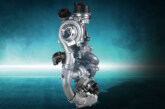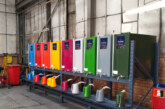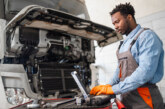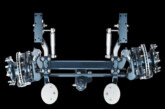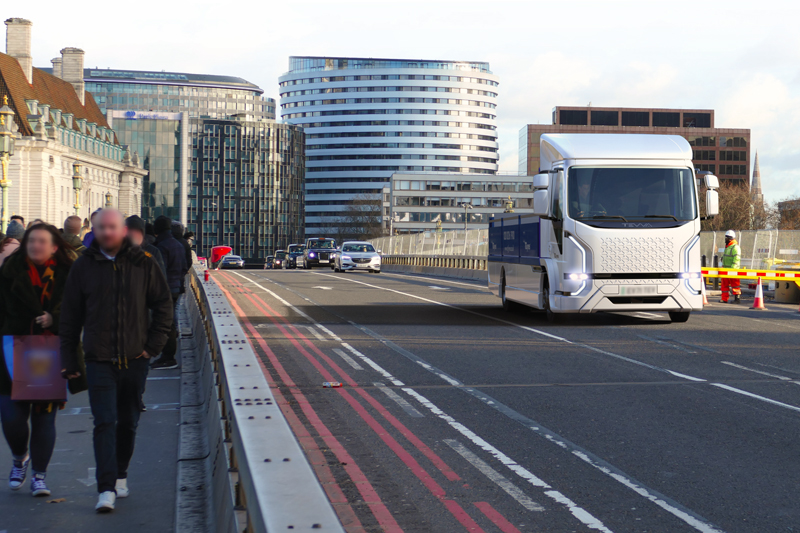
CVW talks to Asher Bennett, CEO of Tevva, the technology company and truck manufacturer, about the company’s aspirations and why the future is within range.
Q: Where is Tevva with its respective truck platforms?
AB: Tevva is scaling up customer sales of its 7.5-tonne battery-electric truck in 2023 – across the UK first, then Europe. The 7.5- tonne battery-electric truck will be followed by a 7.5-tonne hydrogen-electric truck, which benefits from a hydrogen range-extender that enhances range from 180km to over 400km. Since much of the medium-duty truck segment requires longer range capabilities, our customers are excited about the prospect of our hydrogen truck and hydrogen as a back-up fuel to lithium-ion batteries. We will also produce a 19-tonne hydrogen-electric truck from 2024.
Q: Trials of the technologies seem to have gone well – did they meet expectations?
AB: Indeed. Tevva trucks have been on UK roads since 2016, including 15 range-extended electric vans operated by UPS in Southampton and Birmingham since 2019. These vehicles have covered more than 500,000km in full-service, creating a rich data lake that has been used to inform the engineering process for the 7.5-tonne battery-electric truck. We have a number of trials with other companies ongoing and in the pipeline, including Kinaxia Logistics, TG Lynes and Royal Mail. We look forward to reporting the results soon.
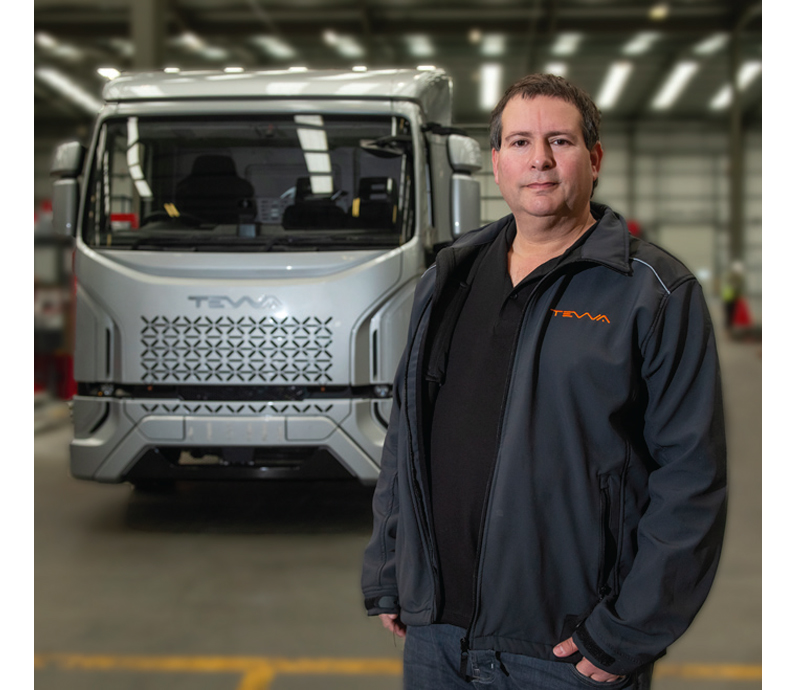
Q: When can we expect first production models on the streets? Any customers on board?
AB: Tevva trucks are already on the streets and you can expect to see more very soon. We’ve produced several hundred trucks this year, all of them with customers already or waiting.
Q: What kind of applications are the trucks best suited for?
AB: For the right use case, like last mile delivery, the 180km range on our 7.5t battery-electric truck is enough. For longer haul, the 7.5-tonne hydrogen-electric truck enhances range from 180km to over 400km.
Clearly public infrastructure has a long way to go, though there are positive signs and considerable investments being made by governments around the world to accelerate the roll out of charging infrastructure. For our hydrogen-electric trucks, we are also working with energy partners to deliver low-carbon hydrogen to our customers’ depots.
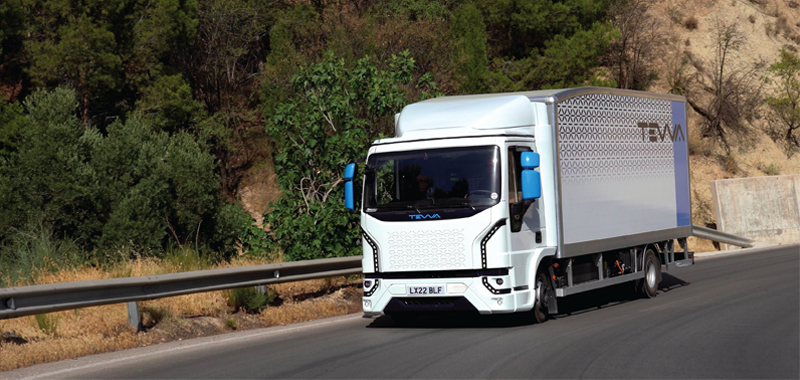
Q: What will drive the take-up/adoption of these vehicles?
AB: We appreciate the British government’s support which enables us to make our 7.5t battery-electric truck even more appealing to fleets. But for this country to meet its net zero goals, more action is needed to stimulate electric vehicle manufacturing in the UK, which is the only bright spot in an industry that has reached its lowest ebb for over 60 years.
Brexit put us in a position where we were free from EU state aid rules as a nation, limiting the amount of support governments could give specific industries.
Yet, the UK needs to catch up to its European neighbours regarding incentives for electric truck adoption. More action is required to accelerate the decarbonisation of commercial vehicles, and we’re asking the UK government to urgently adopt truck incentives in line with those found in Europe.
Q: For the ICE-oriented workshop, what would be your advice if they want to transition to servicing/maintaining alternative fuel based trucks?
AB: Our advice for those workshops wishing to transition to alternative fuel based trucks is – most importantly – to ensure their staff are trained correctly, and they have the right workshop tools to operate on this technology. In terms of training, we would recommend that staff complete the relevant IMI training (up to level 4) and then attend any additional training offered by the manufacturer.
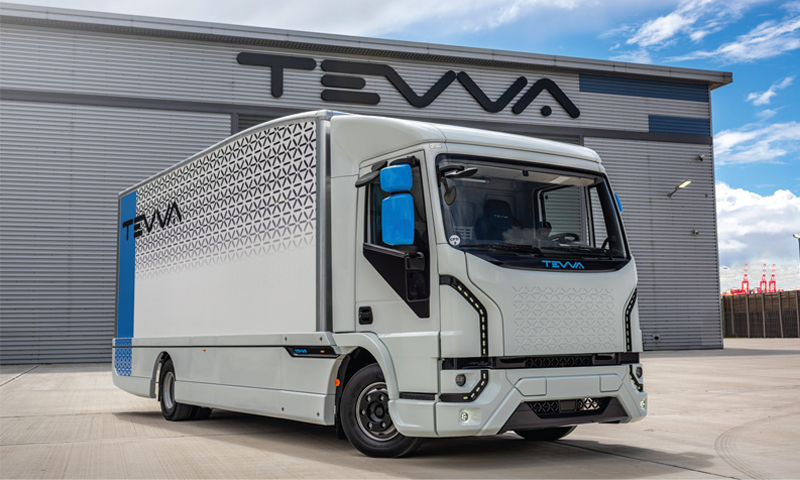
As for tools, the manufacturer will recommend some basic safety guidelines on insulated tools and barriers around the vehicle, alongside simple best practice, such as only allowing correctly trained technicians to work on the electric vehicles.
There will also be processes that need to be adopted and followed within the workshop to allow for safe EV servicing and maintenance. The general servicing costs of commercial EVs are far less than ICE vehicles, as there are fewer moving parts.


